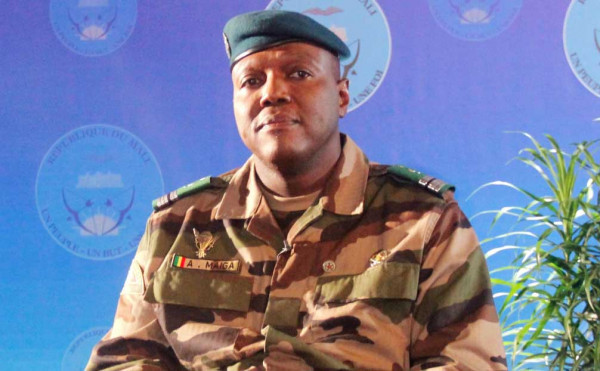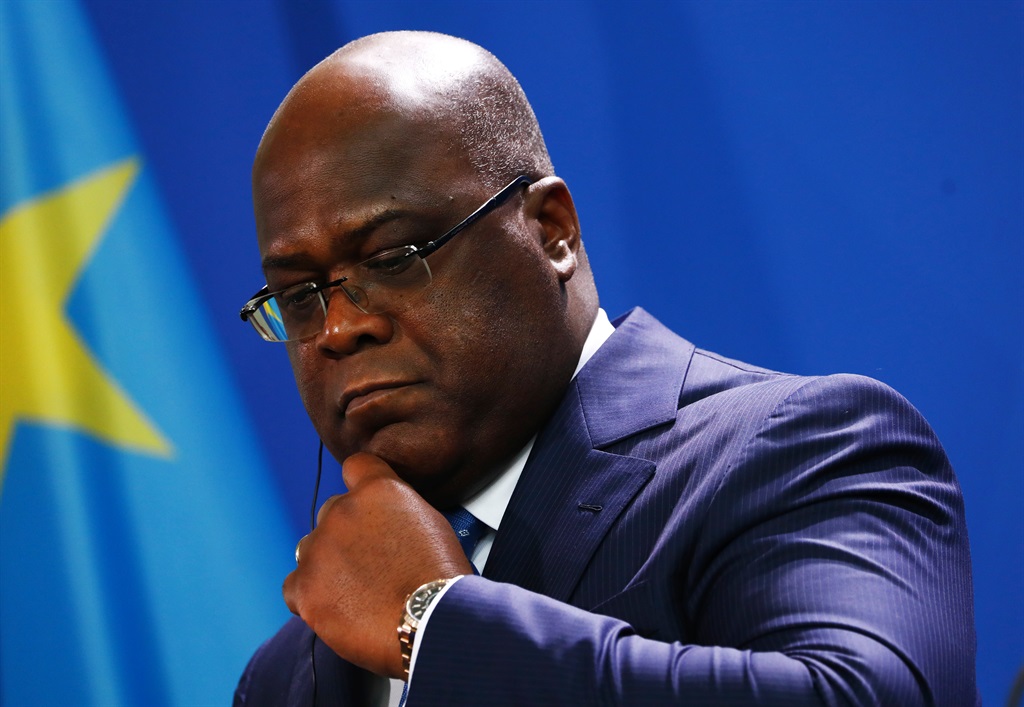Nigeria’s Supreme Court has affirmed the decision of the tribunal, dismissing the appeals of opposition candidates, Atiku Abubakar and Peter Obi, and upholding the election of President Bola Tinubu.
In a final attempt to overturn the election result, Abubakar and Obi urged the Supreme Court to dismiss a tribunal ruling on September 6 that upheld Tinubu’s victory. Their attorneys argued before the Supreme Court that the lower court erred in holding that the electoral agency’s pre-election guideline to electronically transmit polling place results was not a mandatory requirement.
The court, in its lead ruling, which was delivered by Justice John Okoro, rejected the Peoples Democratic Party’s (Abubakar’s) appeal contesting the ruling of the presidential election petition tribunal. The panel also concurred with Okoro’s decision to deny Atiku’s application to tender Tinubu’s CSU credentials as fresh evidence.
Other justices on the panel were Adamu Jauro, Emmanuel Agim, Mohammed Garba, Ibrahim Saulawa, Uwani Aji, and Abubakar Tijjani.
Salawa Ibrahim said, “The application by Atiku is frivolous and vexatious and deserves to be dismissed. I find no merit in the appeal and dismissal, and I affirm the decision of the lower court.”
Agim said, “I agree with the reasoning if the fresh evidence is not authentic as stated by the authority before it was presented. It was not sealed or had a signature. It cannot be used in Nigeria without authentication.
“I agree with why. It was obvious to all, including those who brought it. The FCT violates the fundamental principle of the interpretation of the Constitution, and it must be interpreted in a way that provides equality. The parties should bear their own costs.”
The court also stated that the topics brought up by Obi had already been addressed in Atiku’s appeal and further declared that the double nomination matter of Vice President Kashim Shetimma should not have been brought before the court.
Since the beginning of the current Fourth Republic in 1999, after years of military dictatorship, elections in Nigeria have been marred by controversy and violence, generating legal petitions. All presidential elections between the 1999 and 2023 exercises have ended up at the apex court except in 2015, in which immediate former president Mohammadu Buhari defeated then-incumbent President Goodluck Jonathan.
The verdict puts a legal conclusion to the cloud of controversies surrounding Nigeria’s 2023 general elections, which many observers adjudged to be flawed.

 Metro1 day ago
Metro1 day ago
 Musings From Abroad1 day ago
Musings From Abroad1 day ago
 Metro1 day ago
Metro1 day ago
 Sports1 day ago
Sports1 day ago


























